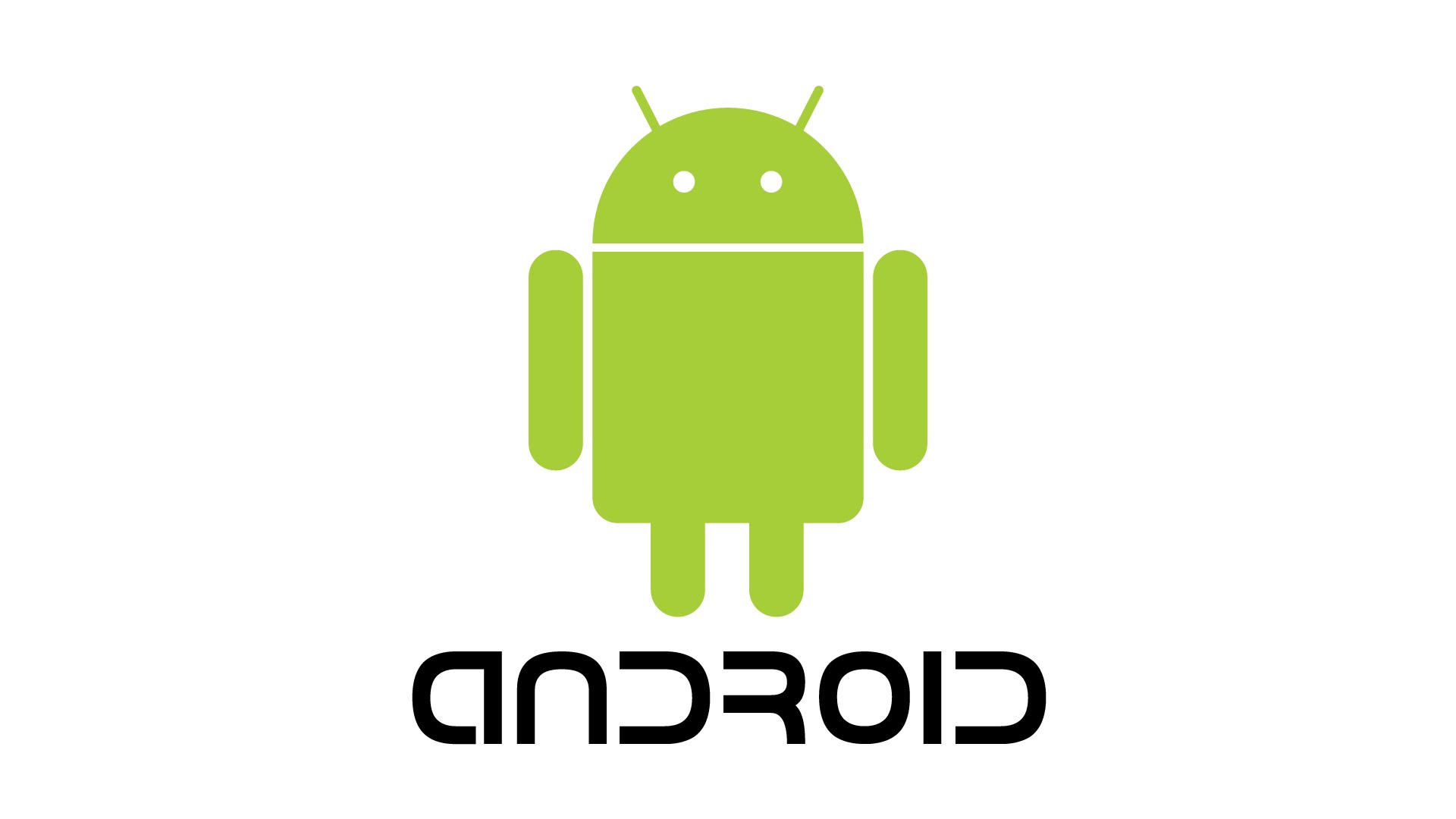1 Storage
SQLite, a lightweight relational database, is utilized for data storage space purposes.
2 Connectivity
Google Android is compatible with online connectivity technological innovation incorporating GSM EDGE, IDEN, CDMA, EVDO, UMTS, Bluetooth, Wifi, LTE, NFC as well as WI-MAX.
3 Messaging
Text Message, as well as MMS, are generally available different types of messaging, which also include threaded text messaging and Google’s Android Cloud to Device Messaging (C2DM) and currently improved version of C2DM, Android Google Cloud Messaging (GCM) is additionally a part of Android Push Messaging service.
4 Multiple language assistance
Google’s Android supports numerous different languages.
5 Web browser
The internet browser easily obtainable in Android is founded on the open source Web Kit design engine, coupled alongside Chrome’s V8 JavaScript engine. The web browser ratings 100/100 on the Acid3 test on Android 4.0
6 Java support
Although many of Google’s Android programs tend to be written in Java, generally there is absolutely no Java Virtual Machine in the working platform as well as Java bytecode is certainly not executed. Java classes tend to be compiled into Dalvik executables and run on Dalvik, a specialized virtual machine manufactured particularly for Google’s Android as well as optimized for battery-powered mobile phones with minimal memory space as well as CPU. J2ME support can be made available through third-party applications.
7 Multi-touch
Google’s Android has native support towards multi-touch which had been initially made accessible in mobile phone models such as the HTC Hero. The characteristic was earlier impaired at the kernel level (potentially to prevent infringing Apple’s patents regarding touchscreen display technology at the time). Google offers since released an update for the Nexus One as well as the Motorola Droid which in turn enables multi-touch natively
8 Bluetooth
Google Android Sustains A2DP, AVRCP, sending files (OPP), being able to access the phone book(PBAP), voice dialing and sending contacts anywhere between phones. Keyboard, computer mouse as well as joystick (HID) support is accessible in Google’s Android 3.1+, and in prior versions through manufacturer customizations and third-party applications.
9 Tethering
Google’s Android supports tethering, which makes it possible for a mobile phone to be utilized as the wireless/wired Wi-Fi hotspot. Prior to Google’s Android 2.2, this was fully supported by the 3rd party applications or perhaps manufacturer custom remaking.
10 Screen Capture
Google’s Android supports capturing a screenshot by pressing the electrical power as well as volume-down buttons at the same time. Right before Google’s Android 4.0, the only solutions to capturing a screenshot happened to be through the manufacturer and additionally third-party customizations or commonly simply by using a PC connection (DDMS developer’s tool). These types of alternative techniques are nevertheless available because of the latest Android.

